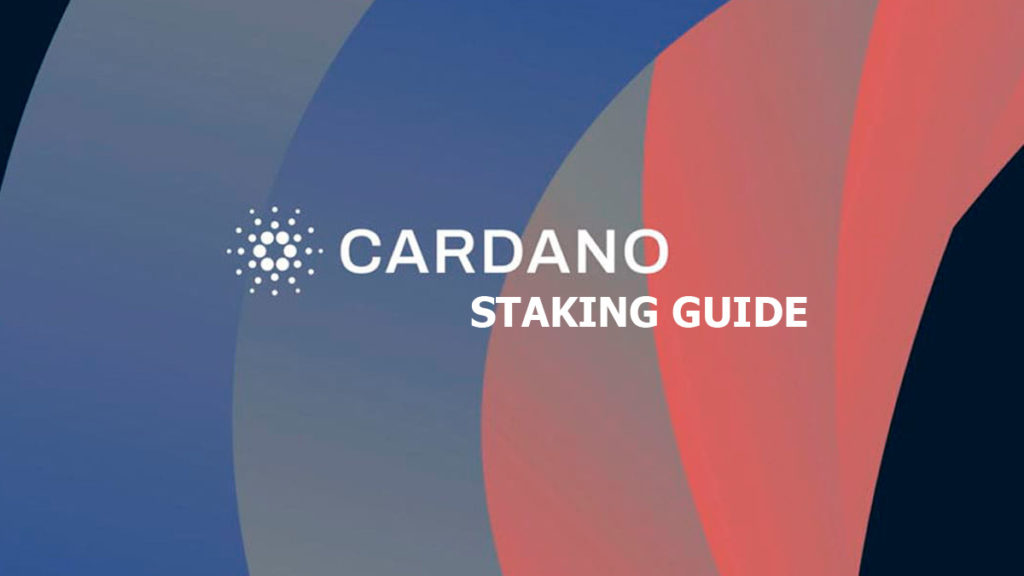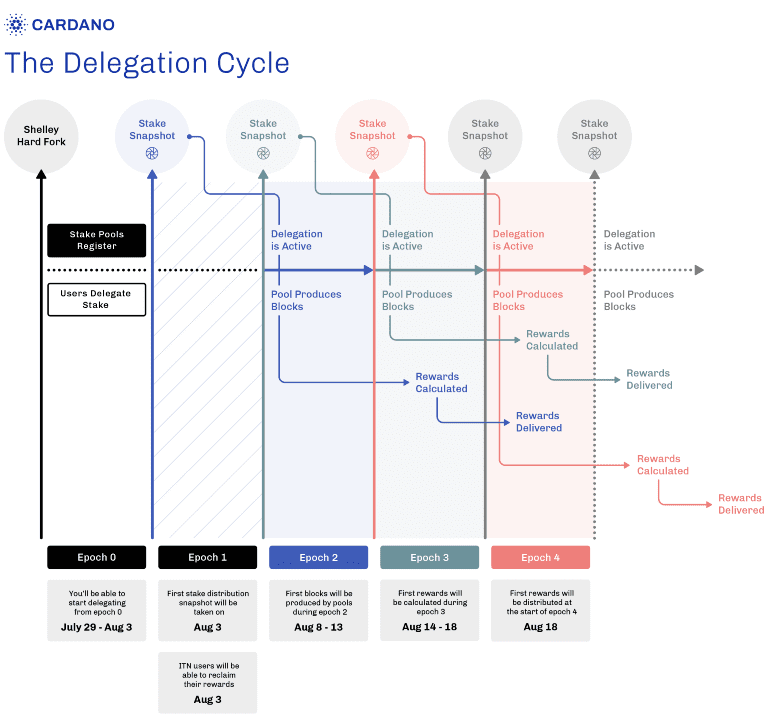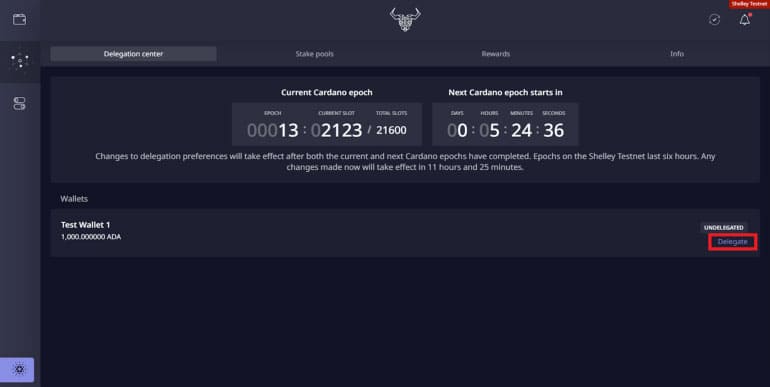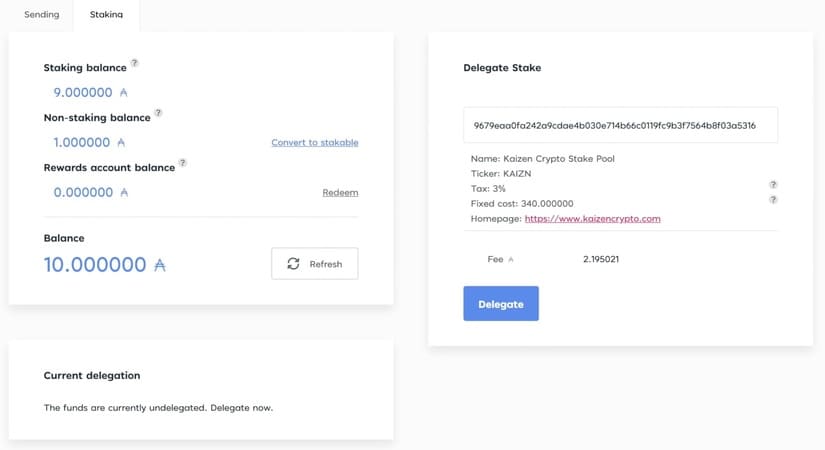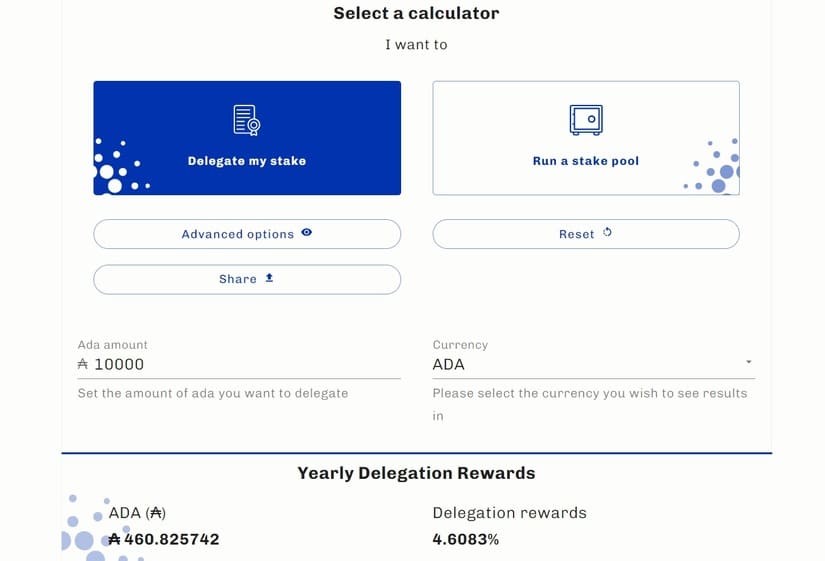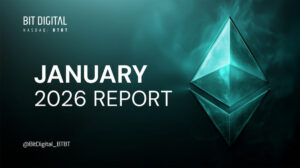Staking is one of the attractive use cases of cryptocurrencies that acts as a financial incentive for regular users, too. Many platforms provide staking and similar services to users with various intents. Some of them have staking services for earning interest from holdings. Some others provide additional benefits.
Cardano is in the second group that offers an extra option to ADA holders. They can delegate or pledge their stakes in Cardano network to help grow the overall ecosystem and also earn rewards.
What Is The Cryptocurrency Stake?

Staking cryptocurrency, in simple words, means actively participating in the blockchain network and contributing to its security and operation. Instead of simply holding cryptocurrencies in a wallet, users blockchain or “stake” them as collateral to support the network. In return, they receive rewards in the form of more cryptocurrencies. This process helps validate transactions and ensure the integrity of the network, while allowing participants to earn additional profits while holding their digital assets.
Cardano is one of the blockchains that works on a stake system. Those users who keep their ADA coin in the Cardano network are stakeholders. In other words, their coins act as stakes and the size of stake os relevant to the amount of holding. Cardano lets users delegate or pledge their ADA holdings and earn rewards.
Stake Pool Delegation is the option that helps ADA holders earn rewards. They can delegate their ADA to other stake pools or run their own. In these pools, a large number of investors combine their stakes in order to obtain higher yields, distributing the profits obtained in a proportional manner.
Cardano has a stake testing protocol called Ouroboros that chooses who gets the next block on the blockchain by looking at the amount of stake delegated to each stake group.
“The more stake is delegated to a stake pool (up to a certain point), the more likely it is to make the next block – and the rewards are shared between everyone who delegated their stake to that stake pool,” according to Cardano official website.

How Can I Stake With Cardano?
Every ADA holder that keep their coins inside the Cardano blockchain has stakes. They can delegate or pledge their stakest to stake pools. Cardano provides this option to help those users who don’t have the skill or desire to run a node. As a result, they can yet participate in the network without the technical burdens.
Those Cardano users that prefer running stake pools can act as pool operators. They will have the chance to receive pledges and delegations but have to pay the reward stakes to users.
Participate In A Stake Pool
ADA holders can use multiple wallets to participate in stake pools. They have to delegate their ADA holding to the preferred pool. Some wallets support delegating ADA to numerous pools.
Cardano rates staking pools based on their performance and desirability. Users can choose between the top ones to increase their chance of earning block rewards. Based on the wallet you select for staking, there is a list of available staking pools to participate.
Delegate Your ADA
Daedalus and Yoroi wallets support stake delegation. Ledger Nano is one of the hardware wallets that supports stake delegation in Cardano.
Delegate In Daedalus Wallet
Cardano confirmed Daedalus as the first wallet to support stake delegation. You can follow the next steps to delegate Cardano stakes in this wallet (images source: Cardano Foundation)
- Download Daedalus wallet from its official website.
- After running, click on the network icon in the left menu and go to the delegation center.
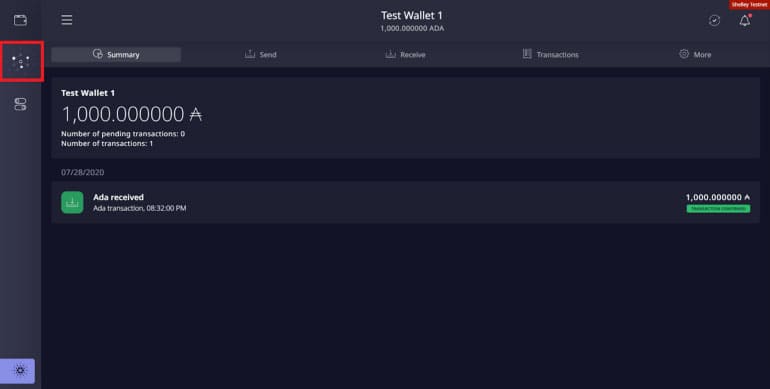
- In the new page, you can see your current wallets. Click on the wallet with ADA holdings you prefer to delegate in stake pool and click on Delegate.
- A pop-up menu will appear that details the steps of staking. Click on continue. You should choose a wallet in the next step. This wallet is used to receive the rewards.
- You have to options to choose a staking pool: selecting one from the default list or typing the name of staking pool you know.
- Enter your spending password and pay the small fee for delegation. Note that the staking pool operator doesn’t control your ADA holding and you have the full control of your data.
- The staking rewards will be paid to your chosen wallet after a couple of epochs in the Cardano blockchain. You can delegate a various amount of ADA to different staking pools by creating multiple wallets and following the steps above for each one.
Delegate In Yoroi Wallet
Yoroi is another wallet that supports stake delegation of ADA. follow the step below to delegate ADA in Yoroi wallet:
- Download the wallet from the official website. The wallet is available for Chrome, Edge, Firefox, Android, and iOS. Chrome extension is one of the easiest ones.
- After instaling the Chrome extension, you can create a new wallet or restore an old Byron wallet using restore phrases. After all, you ave to hold your ADAs in a Shelly wallet to delegate.
- Delegation is very simple in Yoroi wallet. You just have to go to the delegation tab and insert the stake pool ID. You can find stake pool IDs in adapools.
- In the next steps, the wallet will show you the stake pool information, and you have to enter spending password to delegate stakes. All of the information about delegations is accessible in the dashboard tab. (images source)
Delegate In Ledger Nano
There are multiple ways to stake the ADA holdings that are in a Ledger hardware wallet. Adalite is one of the easiest ways to do so. You can also use Yori to delegate holdings in the Ledger. Follow the steps below to delegate ADA holdings using Ledger Nano wallet and Adalite.
- You have to update the firmware and software in Ledger Nano (S or X) first. The Cardano ADA app in the Ledger Live app has to be updated, too. Insert the hardware wallet to your computer, follow the initial password steps and update the apps using manager tab.
- Go to the Adalite website. Click on continue to Adalite and then Hardware Wallet.
- Click on Unlock with Ledger. The Ledger Nano S/X wallet has to be plugged in the computer and unlocked. Run the Cardano App before doing this step.
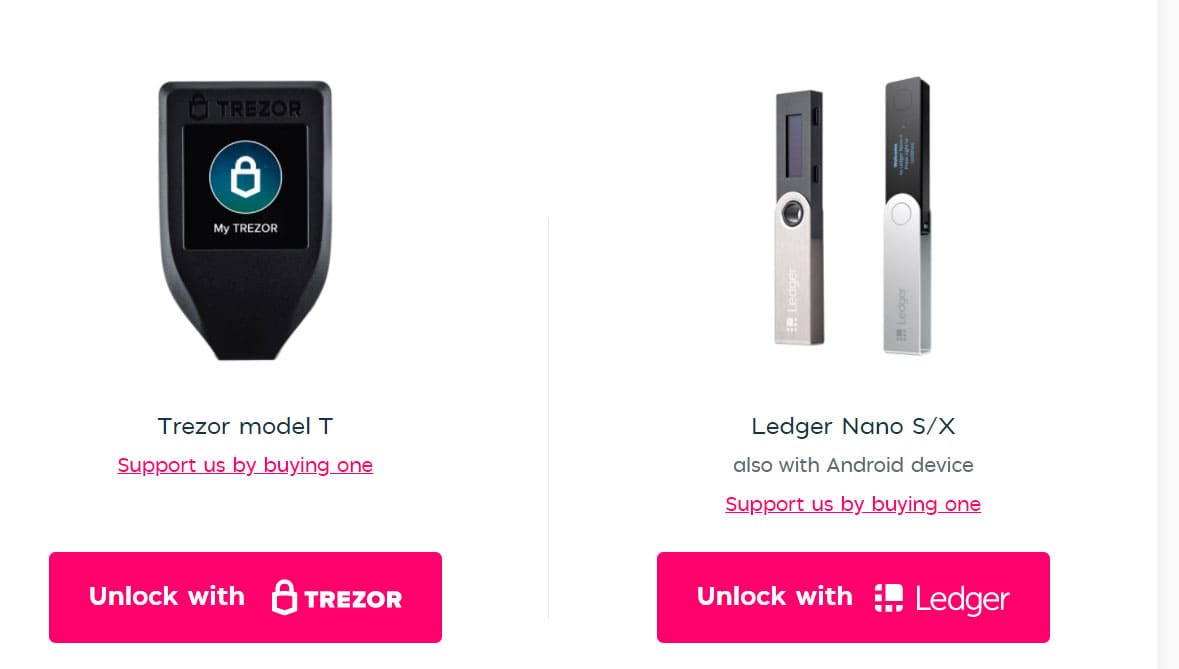
- You will see a loading page and has to enter your public key twice. After that, in the new page, click on Convert to stackable to convert your ADA holdings to the Shelly network.
- In the Delegate Stake section in Adalite, enter the Stake Pool ID.
Cardano Staking Rewards
The rewards you receive from your ADA holdings are based on the amount of ADA and:
“actual stake pool performance, which is the number of blocks a stake pool is observed to produce in a given epoch versus the number it was expected to produce. Changes to network parameters may also affect rewards,” according to Cardano.
You can have an estimate of staking reward in the Cardano Staking Calculator.
Conclusion
Staking has always been a great way to earn money from holdings. Blockchains like Cardano that run on a proof-of-stake protocol need more stakes to keep the blockchain operational.
Their incentives and ease-of-use in the supported wallets are significant. Because of the full control you have on your ADA holdings while delegating stakes, it can be a secure and safe way to earn more from your crypto asset.
If you found this article interesting, here you can find more Cardano News


